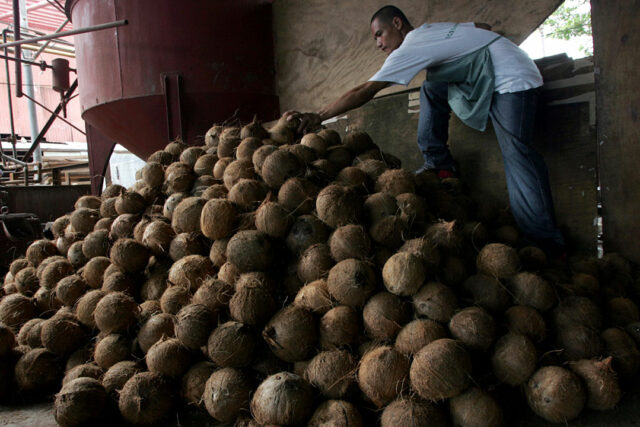Gov’t to tackle CARS funding gap
THE Department of Budget and Management (DBM) said it will meet with the Department of Trade and Industry (DTI) to address the funding gap for the government’s major automotive incentive programs, which could derail benefits for carmakers operating in the Philippines.
Speaking in a Palace briefing, Budget Secretary Rolando U. Toledo will address the funding shortfall for the stripped allocations for the Comprehensive Automotive Resurgence Strategy (CARS) and the Revitalizing the Automotive Industry for Competitiveness Enhancement (RACE) under the 2026 national budget.
“We’ll be having our meeting tomorrow with the DTI to look at how we can settle this account as far as our party, which is the Toyota and the Mitsubishi,” he said on Tuesday.
President Ferdinand R. Marcos, Jr. recently vetoed unprogrammed appropriations worth P92.5 billion, including P4.32 billion in fiscal support for the CARS program and P250 million for the RACE program.
The CARS program offers automakers incentives to produce 200,000 mass market units over six years in the form of tax payment certificates (TPCs), which can be applied to offset participants’ tax and duty liabilities.
“Dapat ma-issue po iyong TPC na tinatawag bago sila magbayad. But at this time, it has only been earned; na-earn pa lang nila pero hindi pa naisyu iyong TPC,” he said.
(The TPC should be issued before they make payment. But at this time, it has only been earned — they’ve earned it, but the TPC has not yet been issued.)
The DBM will issue the appropriate resolutions or responses to the concerns related to the CARS program, Mr. Toledo said.
At the same time, the DBM chief said the agency plans to further reduce unprogrammed funds in 2027, after setting them at P150 billion this year. The absolute amount was the lowest since the 2019 budget.
“Most likely yes, we will look at that unprogrammed appropriation, which should probably be lower than they are now,” Mr. Toledo said, when asked if the agency would enforce the 5% cap on such allocations proposed by his predecessor, Amenah F. Pangandaman.
In the 2025 General Appropriations Act, the P363.42-billion unprogrammed funds were equivalent to 5.7% of the budget.
Mr. Toledo also defended the use of unprogrammed appropriations, saying they provide funding for foreign-assisted projects that lack perfected loans or contracts before the cutoff date.
He warned that otherwise the rollout of foreign-assisted projects could be delayed.
He also noted that while Mr. Marcos has no direct order on the share of unprogrammed funds in the budget, the economic managers and the Public Financial Management follow the cap of at least 5%.
In the same briefing, Mr. Toledo said the government has allotted nearly P40 billion for the National Disaster Risk and Reduction Management Fund in 2026.
“(Of the) P39.82-billion National Disaster Risk Reduction and Management Fund (NDRRMF) for 2026, P15.33 billion will be directly allocated for the rehabilitation and construction projects of local government units,” he said.










